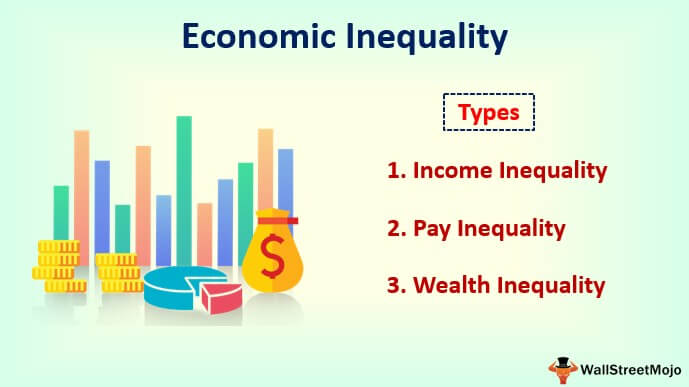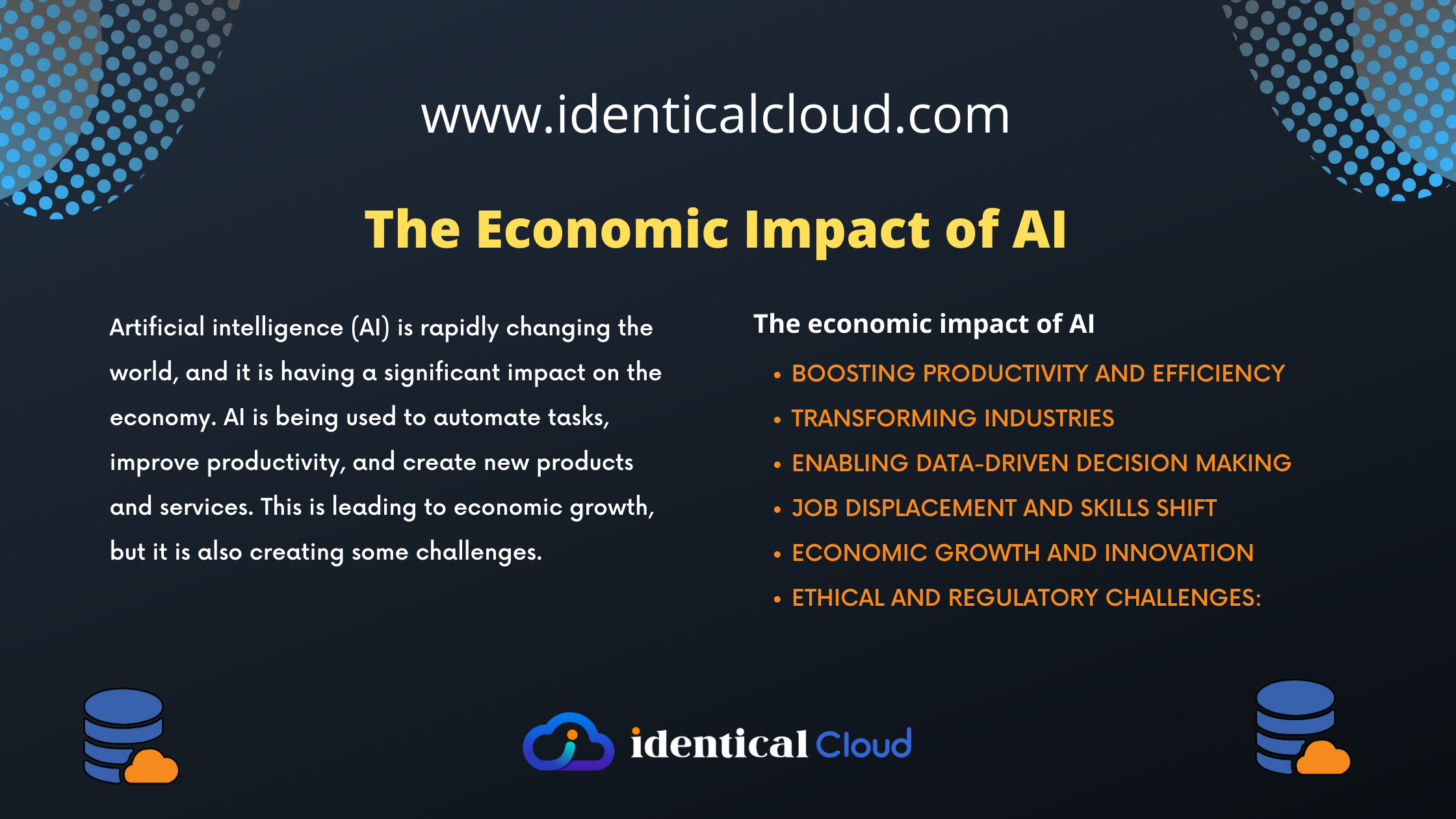The Economic Impact Of AI: Growth, Productivity, And Inequality

Introduction

The rapid advancement of Artificial Intelligence (AI) is poised to transform various aspects of our world. Its impact on the economy is of particular interest, as it holds the potential to bring forth both significant benefits and challenges. This article delves into the economic impact of AI, exploring its implications for growth, productivity, and inequality.

Executive Summary
The economic impact of AI is multifaceted and complex, affecting multiple sectors and industries. AI has the capacity to:
- Drive economic growth and create new industries.
- Enhance productivity, leading to increased output with fewer resources.
- Displace certain types of jobs, potentially exacerbating income inequality.
The full extent of AI’s impact remains uncertain, and its effects will vary depending on the specific application and industry. However, a nuanced understanding of its potential economic consequences is crucial for policymakers, businesses, and individuals.
FAQs
-
What are some examples of AI applications in different industries?
Various industries, including manufacturing, healthcare, and finance, use AI to enhance efficiency, automate tasks, and extract valuable insights from data. -
How will AI affect job displacement and income inequality?
While AI has the potential to create new jobs, it may also render some traditional jobs obsolete. This can lead to income inequality if workers are not adequately reskilled or provided with alternative employment opportunities. -
What are the ethical implications of AI development and deployment?
AI is prone to biases and algorithmic discrimination. Ensuring that AI systems are fair, transparent, and used responsibly is essential to mitigate potential negative effects on individuals and society.
Economic Impact of AI
1. Growth and Innovation
AI drives economic growth by:
- Creating new industries and products, such as self-driving cars and advanced healthcare technologies.
- Enhancing the efficiency of existing industries, resulting in cost reduction and increased production.
- Accelerating research and development, aiding in the creation of novel products, processes, and services.
2. Productivity and Efficiency
AI improves productivity by:
- Automating repetitive and time-consuming tasks, freeing up human workers to focus on more complex and creative endeavors.
- Enhancing decision-making, employing data analysis and predictive modeling to optimize operations.
- Optimizing resource allocation, ensuring that resources are used effectively and efficiently.
3. Job Displacement and Skills Gap
AI poses challenges to the job market by:
- Replacing jobs that can be easily automated, potentially leading to job losses in sectors like manufacturing and data entry.
- Creating a skills gap, as new AI-related jobs require specialized knowledge and skills that some workers may lack.
- Exacerbating income inequality, if displaced workers cannot transition into higher-paying industries or acquire new skills.
4. Inequality and Income Distribution
The economic impact of AI raises concerns about income inequality:
- AI-powered automation could lead to job losses, particularly in sectors with lower-skilled workers.
- The creation of new high-skilled jobs might widen the gap between highly educated and less educated workers.
- The ownership of AI-related technologies and intellectual property may concentrate wealth among a select few.
5. Regulation and Government Policy
Government policies and regulations play a pivotal role in shaping the economic impact of AI:
- Governments must encourage AI innovation while simultaneously safeguarding against potential negative consequences.
- Appropriate regulation can foster ethical development, promote competition, and ensure that AI benefits society as a whole.
- Policies should focus on reskilling workers, mitigating job displacement, and ensuring fair access to AI-related opportunities for all.
Conclusion
The economic impact of AI is profound and will continue to evolve as technology advances. While AI has the potential to drive growth, productivity, and innovation, it also poses challenges related to job displacement and income inequality. Careful planning, investment in skill development, and responsible policymaking are essential to harness the benefits of AI while addressing potential risks and ensuring an equitable distribution of its economic advantages.
Keyword Tags
- Artificial Intelligence
- Economic Impact
- Growth
- Productivity
- Inequality
